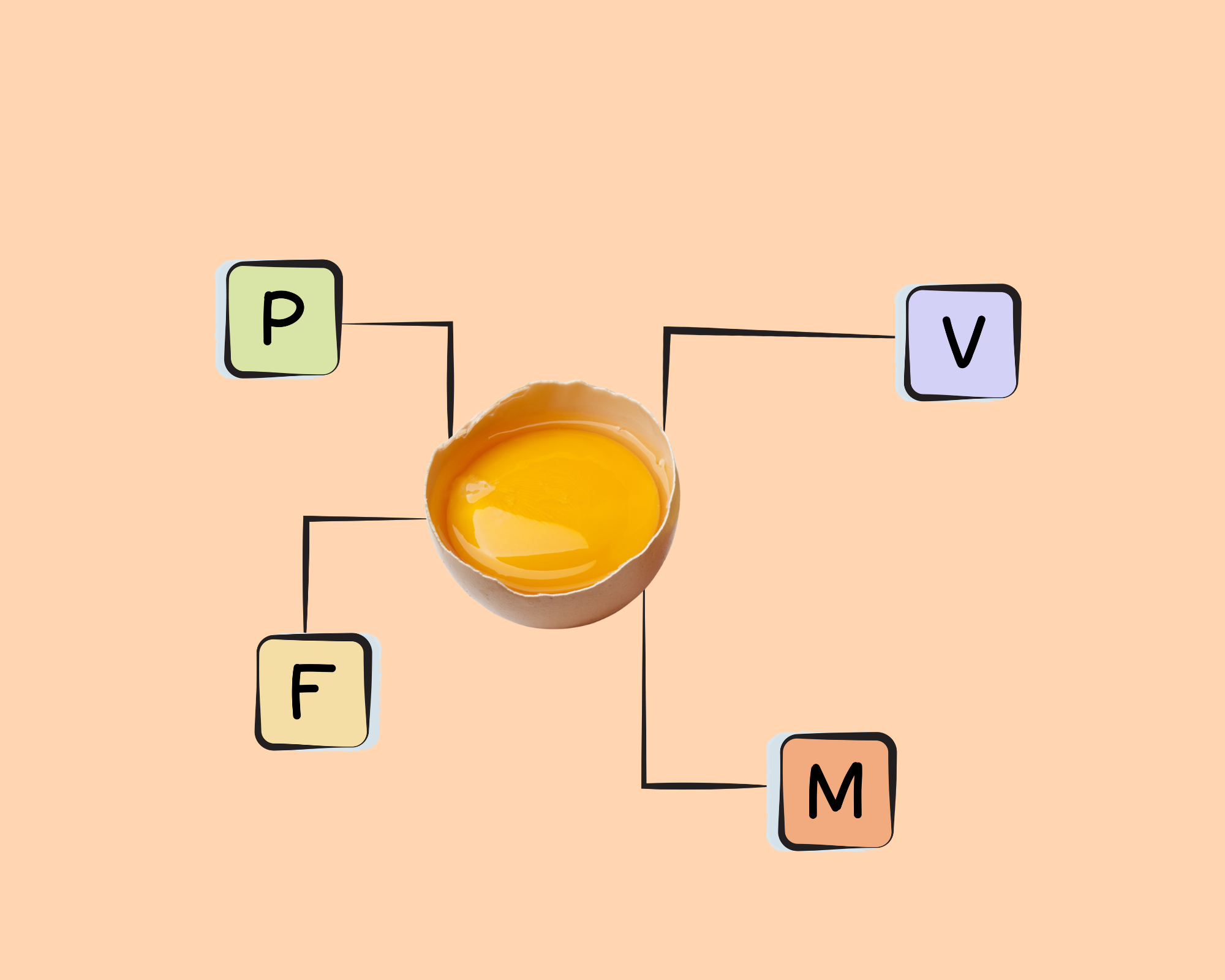
Start with a Funny Question
Have you ever stood in front of your fridge, half-awake, holding an egg and wondering… “Is this really going to help me feel less tired today?” I used to do that. (Still do, honestly.) Scrambled, poached—whatever way I make ’em, I always ask myself: Are eggs giving me any real nutritional bang?
We know eggs are called “nature’s multivitamin” all over the internet. But what about the fine print—do eggs have iron and B12, those heavy hitters for your energy, focus, and just… not feeling like a wilted spinach leaf at 3pm? Let’s break it down like we’re chatting at your kitchen table. There’ll be a little science. Maybe an anecdote. Promise it won’t get boring.
What’s Hiding Inside an Egg?
More Than Just Protein, Right?
First, let’s knock something out of the way: eggs are not just a “protein food.” Sure, you get about 6-7 grams of high-quality protein per egg (which is amazing, don’t get me wrong). But if you crack open that yolk, you’re also getting a bunch of vitamins and minerals people rarely talk about—unless, you know, they’re nutrition nerds or your mom.
Let’s look at the facts (and without jargon, promise). Eggs, especially the yolk part, are loaded with vitamin B12 and naturally have iron—yeah, actual iron! Not enough to replace your multivitamin, but enough to matter, especially if you’re eating a couple. According to the official UK egg info site, a medium egg serves up about 1.4 micrograms of B12… that’s more than half of what most adults need in a day. Iron clocks in too—one large egg has roughly 0.6 to 1.4 milligrams, and that’s the type humans absorb best, called “heme iron” based on this breakdown and research on micronutrients in eggs. Pretty impressive for something you can eat with one hand.
Real Life Moment:
I remember swapping my usual morning bagel for a couple of poached eggs last spring when I was just always draggy. Less “yawn, where’s the coffee?”—more “yep, I can actually focus on my Zoom call.” Coincidence? Maybe. But I’ll take the win.
Iron in Eggs—Is It Enough?
How Much Iron Are We Talking?
Let’s zoom in. Iron is that mineral everyone associates with red meat. It helps carry oxygen to your cells so you don’t feel like a zombie. But what if you’re skipping steak? Good news: eggs do bring iron to the table—mainly tucked away in the yolk (egg whites hardly have any, sorry).
On average, one large egg contains about 0.6 mg of iron, and if you eat two, that’s about 1.2 mg. For reference, adult women (under 50) need 18 mg per day and men/older women need 8 mg/day. So… eggs are more of a “team player” than a solo act for iron. They shine brightest when they’re part of your iron game plan, not the whole playbook.
| Food | Serving Size | Iron Content (mg) | Type of Iron |
|---|---|---|---|
| Egg (whole, cooked) | 1 large | 0.6 | Heme |
| Egg yolk (cooked) | 1 large | 0.7 | Heme |
| Spinach (cooked) | 1 cup | 6.4 | Non-heme |
| Beef steak (cooked) | 3 oz | 2.5 | Heme |
The key? Heme iron (from eggs and meat) is much easier for your body to use than non-heme iron (from plants). So a little from eggs can go a long way—especially if your diet is otherwise plant-heavy (egg nutrition facts table). If you want the full picture of what’s inside an egg—trust me, you’ll want to see this Egg vitamin chart.
Anecdote, because… Relatability:
My gym buddy Sara (a vegetarian except for eggs, the classic “eggetarian”) started adding an egg to her avocado toast after her doc flagged low iron. In a few weeks, she was less winded on runs and didn’t need to rely on super-strong coffee just to get through interviews.
How to Get the Most from Eggs’ Iron
Now, eggs don’t have the most iron, but they give it in the easiest-to-use form. Here’s a hack: Pair your eggs with vitamin C-rich foods—think tomatoes, peppers, or a little squeeze of orange juice. That combo can help your body pull more iron from every bite. And if you’re wondering, does egg contain vitamin C for that “one stop shop”? Nope, zero. That’s why a veggie side is smart (Does egg contain vitamin C naturally).
B12 in Eggs—What’s the Hype?
All About That Yolk
If iron is the energy conductor, vitamin B12 is the star of the band. It fuels your brain, keeps your nerves and blood cells humming, and is basically your body’s anti-tiredness vitamin. And guess what? Eggs are one of the top natural sources you can actually pick up at the store—0.56-1.4 micrograms of B12 per egg depending on the size (UK Egg Nutrition – vitamins and minerals and hard-boiled egg nutrition facts).
Two eggs? That’s over 100% of your daily needs for some people! Most of it’s in the yolk. (So, sorry, egg-white-only crowd. You’re missing the nutrient jackpot.)
Story time:
My older cousin used to blame her mood swings and forgetfulness on “just getting older.” But after she started eating eggs regularly (yes, with the yolk), her energy picked up—and she stopped losing her keys so much. Not a scientific study, but honestly, her family noticed too.
Who Needs B12 Most?
Let’s get real. Most people get enough B12, but if you’re vegetarian, vegan, or over 50, B12 can start slipping. Eggs are kind of a lifesaver here (short of supplements). Especially if you’re not eating red meat or dairy daily.
Oh, and in case you wondered: eggs don’t have vitamin C. So, buddy up with fruit or veggies on the side. Seriously, does egg contain vitamin C?—still no! But that’s what salads are for.
Why Not Just Take a Supplement?
Whole Foods > Pills (Most Days)
Great question. I mean, it’s easier to swallow a vitamin, right? But here’s the thing. The B12 and iron in eggs comes “packaged” with other good stuff—choline, vitamin D, folate, selenium, the kinds of nutrients that work together. Nature’s bundle deal. According to nutrition experts and egg nutrition research like this, whole eggs deliver nutrients in their most usable (bioavailable) forms.
Honestly, I find it easier (and tastier) to eat scrambled eggs on rye toast than pop two different pills and hope I remember to take them again tomorrow. Plus, who doesn’t love food?
What If You’re Low on Iron or B12?
If your doc says you’re running low on iron or B12, eggs alone might not get you all the way back—but they’re a low-effort way to help support your levels between meals. For major deficiencies, you’ll want to add in other sources or supplements, but eggs? They’re reliable, easy on the stomach, and don’t need fancy prep (so long as you’re not bored of your own omelet recipe yet).
Tired of reading about nutrients? Here’s a quick snapshot—if you can’t remember numbers, just check this Egg vitamin chart whenever you’re curious.
Eggs in the Big Picture—Healthy or Not?
Friends with Your Heart?
Old news: eggs might raise cholesterol, so avoid them. But new research says: not so fast. For most people, eggs don’t dramatically impact heart health. In fact, because they come with all those extras—B vitamins (B12, B2, B5), vitamin D, choline, even little bits of selenium—they can be a smart part of your week (summary of studies in The Golden Egg).
Honestly, unless you’re eating a dozen a day or told otherwise by your doctor… eggs fit easily into a heart-healthy, nutrient-solid diet. And they’re quick, cheap, versatile (breakfast, lunch, or brinner—breakfast for dinner, anyone?).
Light humor, because eggs are… eggs:
If you’re still scared of eggs, ask yourself: Are you afraid of eggs or just afraid of being bored at breakfast? (I promise, a little hot sauce goes a long way.)
Eggs’ Surprise Benefits
Wait, There’s More?
Eggs quietly give you vitamin D (hello, immune system and strong bones), folate for cell repair, a heap of other B vitamins, and possibly a bit of mood boost. Not bad for something you can cook in six minutes. If you want to geek out on the details—even the small stuff eggs do for you—don’t miss this Egg vitamin chart.
Just don’t expect vitamin C; you’ll forever find yourself searching does egg contain vitamin C… and the answer’s still no. (Time to befriend your broccoli or oranges, friend.)
Personal story for a warm close:
My mom, who grew up in a “one egg per person” home, used to tell me eggs were “the poor man’s multivitamin.” She was right. I remember her plate—always an egg next to something green. It’s stuck with me, especially on the days when I need energy but can’t stomach another protein bar.
Wrap-up: Embrace the Humble Egg
If you made it this far, here’s the real take-home: Do eggs have iron and B12? Absolutely! Not just a little, either—enough B12 that two eggs could get you past half the daily recommended amount, with a tasty side of easily-used iron. No, you won’t meet all your iron needs with eggs alone, but you’ll get the most “bang for your buck” by letting them play a supporting role… especially if your plate is mostly veggies, or you don’t love red meat.
Eggs are more than convenient. They’re easy, affordable, and go with almost everything. Whether you love them runny, fluffy, hard-boiled, or snuck into fried rice—just eat the yolk too, okay? That’s where the action is.
Now, go ahead and make breakfast tomorrow a little happier. Try two eggs, a slice of whole wheat toast, a rainbow of veggies… see how you feel by lunch. And let me know—did you notice a difference? Or just find a new favorite recipe on the hunt for energy that actually lasts?
Your kitchen, your call. But if you ever find yourself googling does egg contain vitamin C at midnight—you’re officially One Of Us. Happy eating!

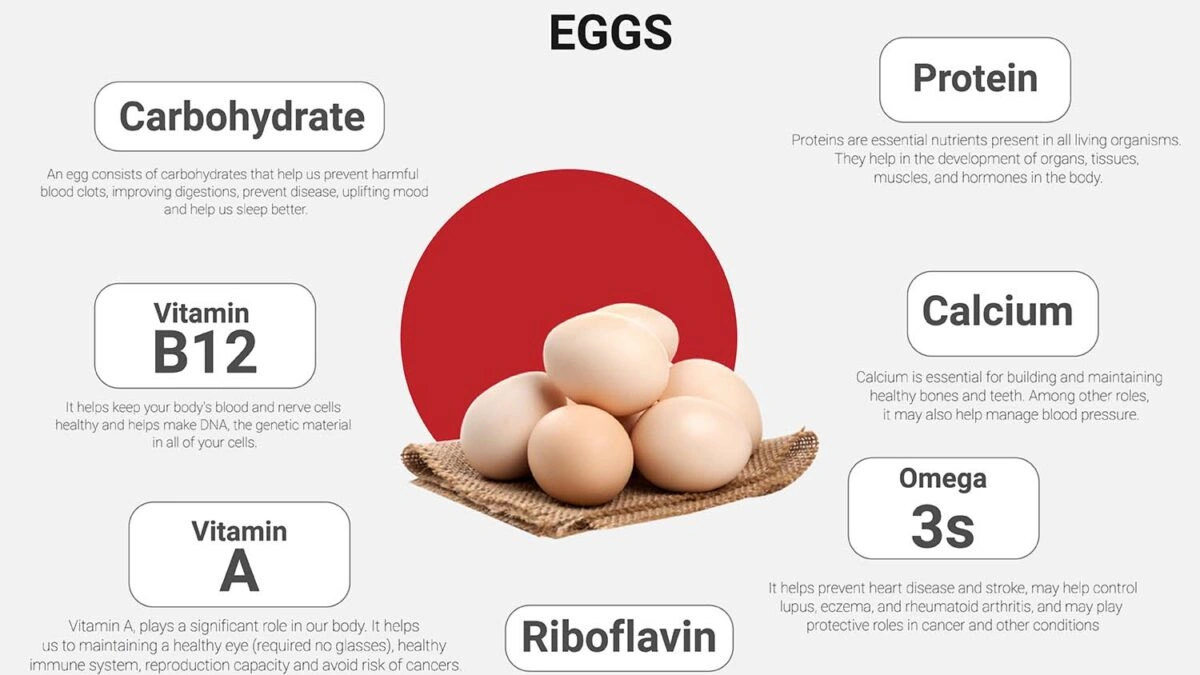
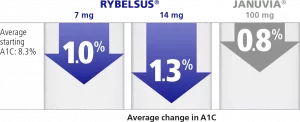
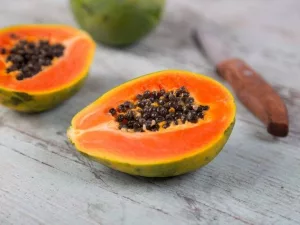

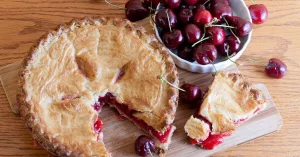

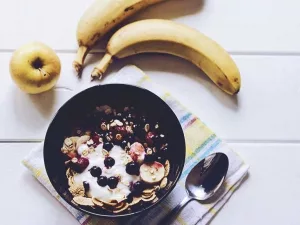
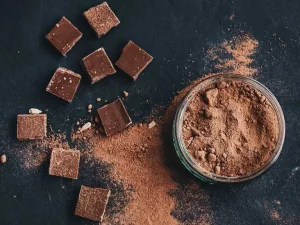
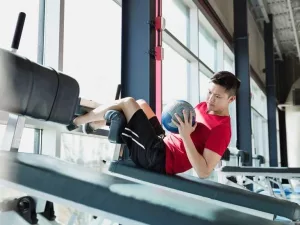

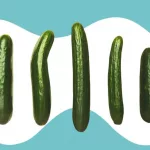
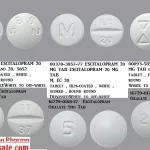
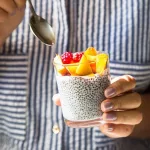
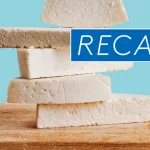
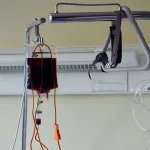

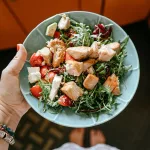



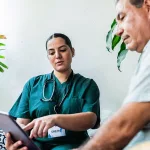



Leave a Reply
You must be logged in to post a comment.